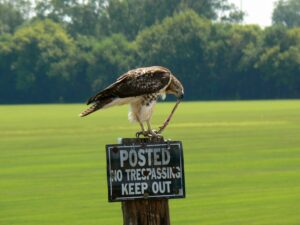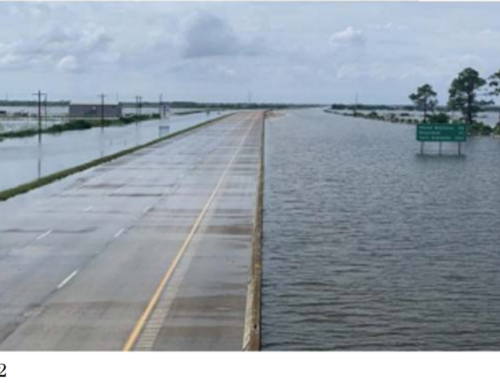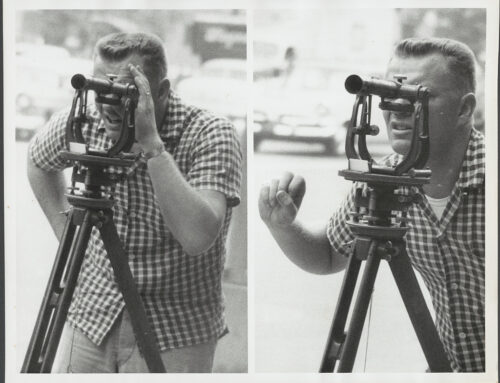
In a previous blog post, we explained that landowners in Virginia were threatening to challenge a state statute that they say permits landowners to enter private property to retrieve hunting dogs as a taking of their property under the rationale announced in Cedar Point Nursery v. Hassid, 141 S. Ct. 844 (2020). We also warned that such a lawsuit was bound for failure, as the statute, commonly called the “right to retrieve law,” should be construed as granting only a defense to a criminal trespass charge, not an enforceable right to enter privately-owned land. We further noted that, under such a construction, landowners could still enforce their right to exclude others from their property using civil trespass actions. Earlier this year, the Pacific Legal Foundation ignored this warning and filed, with much fanfare, a lawsuit on behalf of a group of landowners in Henrico Circuit Court demanding that Virginia’s Department of Wildlife Resources (“DWR”) compensate them for the statute’s taking of their right to exclude hunters from their land. With much less fanfare, the lawsuit met the ignominious end predicted in our earlier post.
The plaintiffs in the case own large parcels that are posted with no trespassing signs and used in various ways. For instance, one plaintiff owns a dairy and poultry farm, while another leases his land to hunting clubs. Each plaintiff reported that unauthorized hunters frequently enter their land to retrieve errant hunting dogs, claiming that they have a right to do so under the right to retrieve statute. The free-ranging dogs allegedly terrorized both farm animals and other guests on the properties and otherwise disrupted the landowners’ business operations. They further alleged that they had erected barriers to unauthorized entry that some hunters had gone so far as to remove. The plaintiffs sought compensation for the trespasses onto their property from the DWR, which they called the state’s “enforcement arm” for the right-to-retrieve law.
The DWR filed a demurrer, arguing that the right to retrieve law is simply a defense to a criminal trespass action, not a state-sponsored right to enter the lands of others. The DWR also argued that the plaintiffs had failed to allege that the agency had done anything to infringe their property rights. Specifically, the agency pointed out that it did not pass the law, nor did it direct hunters onto the plaintiffs’ property. The agency thus noted that the plaintiffs apparently chose it as a defendant simply because it refused to arrest hunters who had entered the plaintiffs’ properties despite the fact that those hunters had committed no crime. Finally, the agency pointed out that, unlike the Cedar Point Nursery case, the landowners here could erect a fence or other barrier, and the agency could do nothing to force the landowners to remove the obstacles.
In response, the landowners disputed that civil trespass actions against hunters retrieving hunting dogs remained viable under the right to retrieve law. They argued that the statute’s text, which stated that hunters “may go upon prohibited lands to retrieve their dogs,” conveyed a right or privilege to access their lands. They also claimed that DWR was the appropriate defendant to pay compensation for the alleged taking because a statute made that agency responsible for the state’s hunting and fishing laws, of which the right to retrieve law is a part.
The trial court ultimately agreed with the agency, granted its demurrer, and dismissed the case with prejudice. The Pacific Legal Foundation has filed a notice of appeal on behalf of the landowners. It is not currently known when the Court of Appeals will hear the case.
Matt Hull is a Pender & Coward attorney focusing his practice on eminent domain/right of way, local government, and waterfront law matters.







Leave A Comment